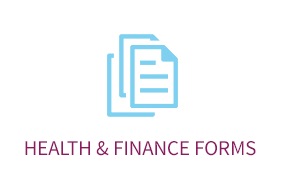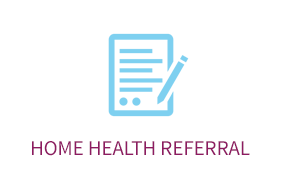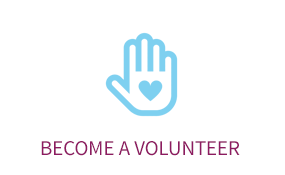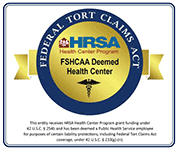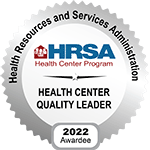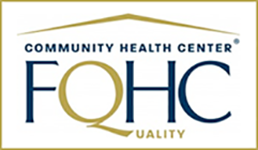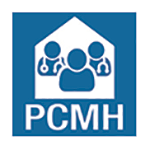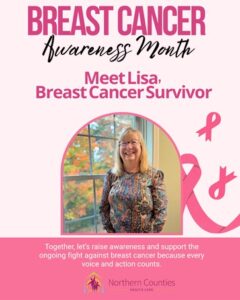
Early Detection Saved My Life: Lisa Moore’s Breast Cancer Journey
October is Breast Cancer Awareness Month, a time to share stories, raise awareness, and remind women of the importance of early detection. Lisa Moore, now 58, knows firsthand how critical it is to pay attention to your body and get screened regularly.
Noticing the First Sign
When Lisa was 48 years old, she happened to catch a glimpse of herself in the mirror and noticed something she hadn’t seen before—a small dimple on her right breast. Trusting her instincts, she scheduled a visit with her Primary Care Provider.
Her provider performed a breast exam and ordered imaging, which revealed an area of concern. A biopsy confirmed what Lisa feared: she had breast cancer.
Facing Treatment with Support
Lisa underwent a bilateral mastectomy, followed by chemotherapy and radiation. Today, she continues on oral medication. Throughout her journey, she says she was grateful for the support she received from her health care team, family, and friends.
“I was so thankful for all the support I received,” Lisa reflects. “It made all the difference during such a difficult time.”
A Message for Others
Lisa’s experience has shaped her mission: to encourage everyone to take breast health seriously.
“Please do self-breast exams and know your own body,” she says. “If there are any changes, be evaluated by your primary care provider or a women’s health provider.”
She emphasizes that early detection is key. The current recommendation is for women between the ages of 40–75 to have mammograms every 1–2 years for screening.
Her Goal Moving Forward
Since her diagnosis, Lisa has been committed to spreading awareness and urging others to get screened. “My goal has been, since my diagnosis, for everyone to be screened for breast cancer so that any concerns can be found early,” she explains.
Lisa’s story is a powerful reminder that awareness and action can save lives. This Breast Cancer Awareness Month, take the time to know your body, schedule your screening, and encourage your loved ones to do the same.
The Importance of Screening
By Timothy Tanner, MD, Medical Director, Northern Counties Health Care
Cancer. It’s a hard-to-understand and a scary word. Cancer is something that hits other people—until it hits you or a family member, and normal is changed forever.
Discovering a way to prevent breast cancer is Nobel Prize-worthy. Sadly, we are not there. Fortunately, breast cancer is curable when detected at an early stage. Early detection comes from regular screening mammograms and self-awareness. Screening mammograms, done at an interval based on personal and family history, are the most reliable way to find breast cancer at an early stage, before any symptoms develop. When symptoms do develop, they may include:
- A new lump or thickness in the breast
- Change in the shape or contour of the breast
- Breast or nipple pain
- Nipple changes such as retraction or discharge
- Breast skin changes such as redness, thickening or flaking skin
The word on the street is that mammograms are inconvenient, awkward and uncomfortable. These may all be true, but in my opinion, do not outweigh the benefit of regular screening mammograms, which can make a diagnosis of breast cancer a life-changing event and not a life-ending event.

